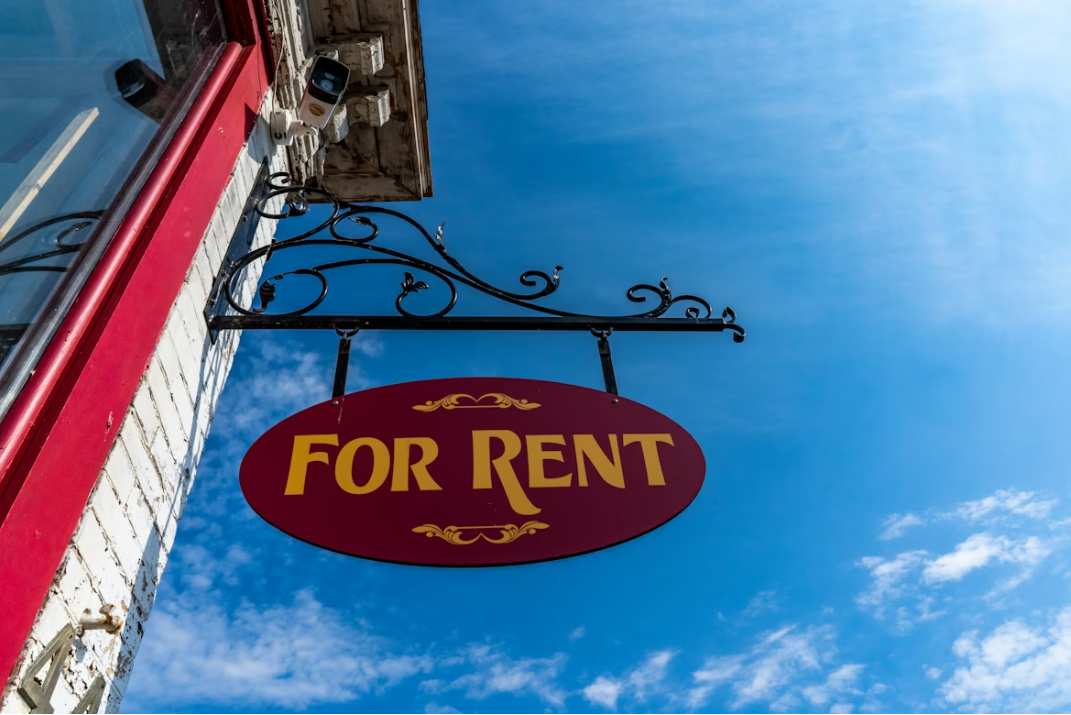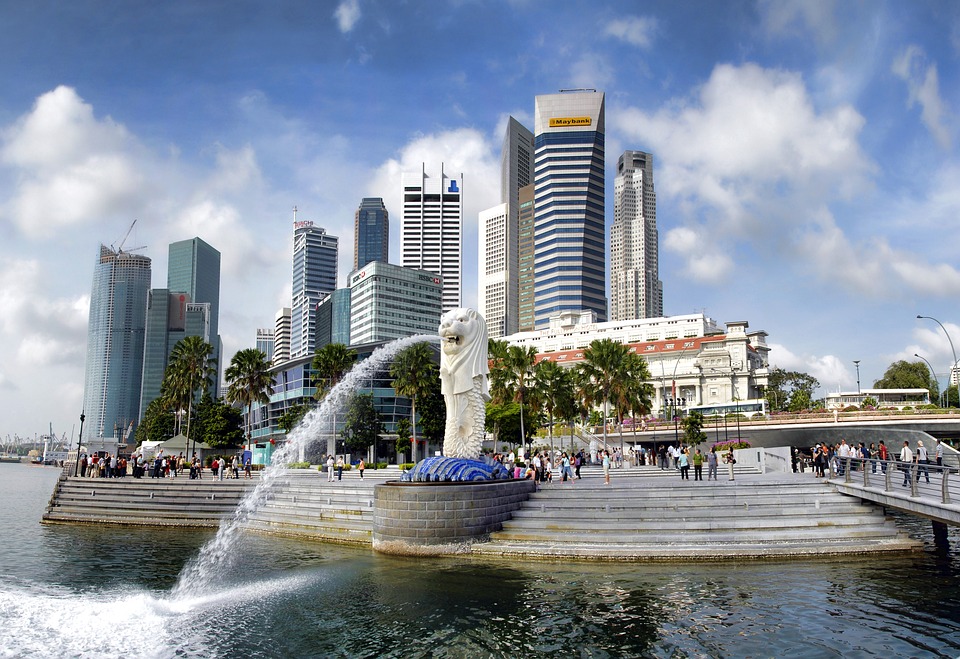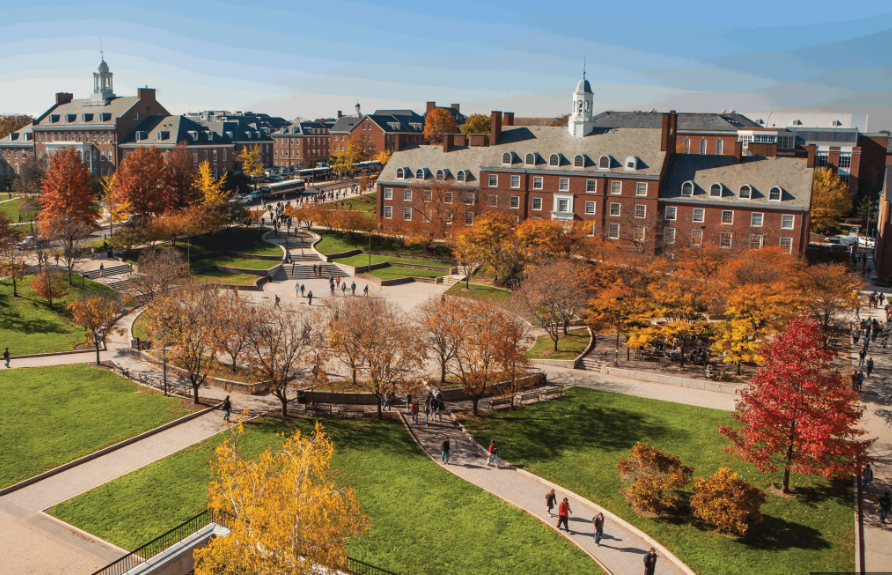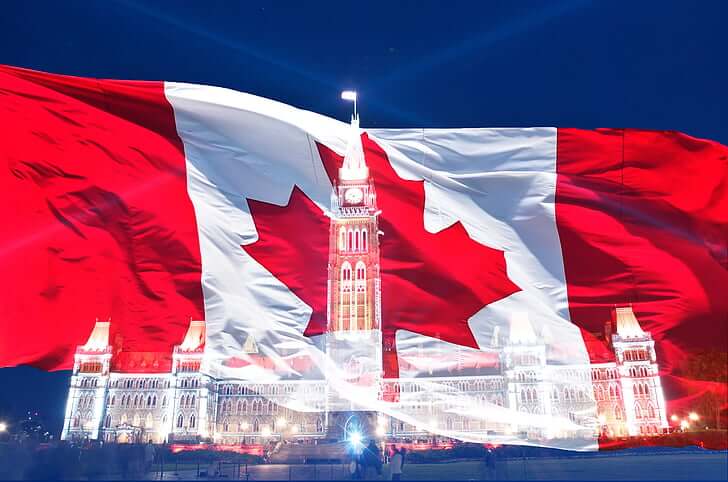Moving to Singapore and Living in Singapore can be refreshing, exciting and enriching. Is Singapore a good place to live? It’s no wonder that so many expats and expat community move to Singapore: it is a place with some of the world’s strongest happiness indicators, including for GDP, social support and health. A former British colony, Singapore is rated one of the best economies for business in the world, which is why it is such a popular destination for expat workers from USA and UK. If you’re thinking of joining them, this guide supports future and current expats to have a good command of everything about living in Singapore and life in Singapore such as economy, accommodation, transportation, cuisine, education and healthcare.
Living in Singapore - Accommodation

- Renting
uhomes.com is a reliable platform which provides affordable and comfortable student accommodation in Singapore. It is used to dealing with expats and understand their specific needs. Moving to Singapore from USA is common. For example, you can be clear about your wishes to be close to an international school, the airport, or a vibrant nightlife. In terms of prices, it’s all about location. Plan to allocate approximately S$3,000 per month to rent a fully furnished one-bedroom condo with access to a pool and gym situated in or around the city center or along the river. Add around S$300 monthly for utilities, trash collection, and high-speed broadband. A three-bedroom condo in a district like Holland Village or Kallang will be around S$5,000 per month, plus utilities.
- Buying
Foreign Singapore property buyers fall into two main categories – wealthy non-resident investors and expats who are permanent residents or plan to stay long-term. After moving to Singapore from USA, it’s an expensive place for a first-time buyer to get on the housing ladder. You’re looking at S$1 million upwards for a small studio in the central areas.
Living in Singapore - Transportation
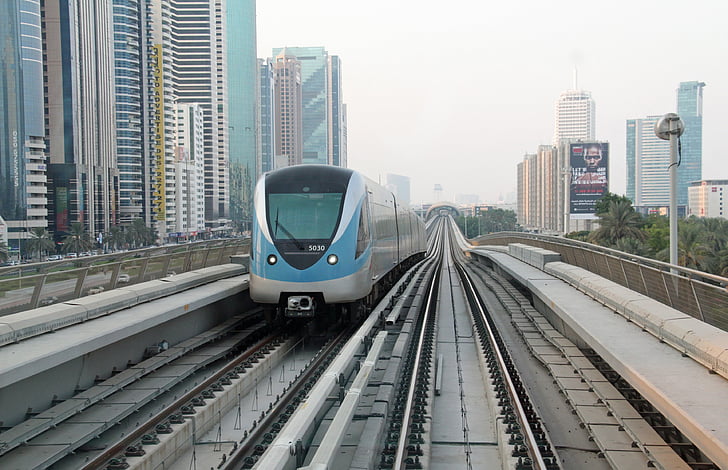
Singapore has an efficient and affordable public transportation system, which makes it easy to get around the city-state. The country has a comprehensive and well-connected public transportation system, including buses, trains, and taxis, making it easy for expats to navigate the city.
- Land
Singapore has a road system covering 3,356 kilometres which includes 161 kilometres of expressways. As Singapore is a small island with a high population density, the number of private cars on the road is restricted with a pre-set car population quota, to curb pollution and congestion. Car buyers must pay for Additional Registration Fees duties of either 100%, 140%, 180% or 220% of the vehicle’s Open Market Value, and bid for a Singaporean Certificate of Entitlement, which allows the car to be driven on the road for maximum period of 10 years. Car prices are generally significantly higher in Singapore than in other English-speaking countries. As with most Commonwealth countries, vehicles on the road and people walking on the streets keep to the left.
Singapore’s public transport network is shaped up with trains, buses and taxis. Taxis are a popular form of transport as the fares are relatively affordable when compared to many other developed countries, whilst cars in Singapore are the most expensive to own worldwide.
- Air
Singapore is a major international transport hub in Asia, serving some of the busiest sea and air trade routes. The Changi Airport hosts a network of over 100 airlines connecting Singapore to some 300 cities in about 70 countries and territories worldwide. It has been rated one of the best international airports by international travel magazines.
- Sea
The Port of Singapore, managed by port operators PSA International and Jurong Port, was the world’s second-busiest port in 2024 in terms of shipping tonnage handled and in terms of containerised traffic. It is also the world’s second-busiest, behind Shanghai, in terms of cargo tonnage. In addition, the port is the world’s busiest for transshipment traffic and the world’s biggest ship refuelling centre.
Living in Singapore - Cuisine
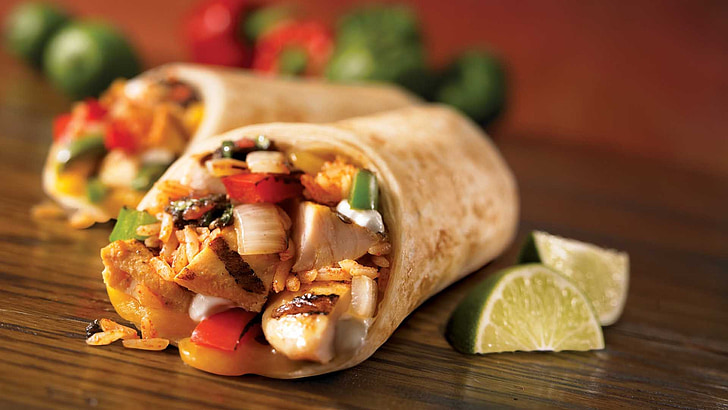
Singapore’s diversity of cuisine is touted as a reason to visit the country, due to its combination of convenience, variety, quality, and price. Local food items generally relate to a particular ethnicity – Chinese, Malay and Indian; but the diversity of cuisine has increased further by the hybridisation of different styles. The city-state has a burgeoning food scene ranging from hawker centres, food courts, coffee shops, cafes, fast food, simple kitchens, casual, celebrity and high-end restaurants. Cloud kitchens and food delivery are also on the rise, with 70% of residents ordering from delivery apps at least once a month.
Many international celebrity chef restaurants are located within the integrated resorts. Religious dietary strictures exist and there is also a significant group of vegetarians. The Singapore Food Festival which celebrates Singapore’s cuisine is held annually in July.
Living in Singapore - Education

Education for primary, secondary, and tertiary levels is mostly supported by the state. All institutions, public and private, must be registered with the Ministry of Education (MOE). English is the language of instruction in all public schools, and all subjects are taught and examined in English except for the “mother tongue” language paper.
Education takes place in three stages: primary, secondary, and pre-university education, with the primary education being compulsory. Students begin with six years of primary school, which is made up of a four-year foundation course and a two-year orientation stage. The curriculum is focused on the development of English, the mother tongue, mathematics, and science. Secondary school lasts from four to five years, and is divided between Express, Normal (Academic), and Normal (Technical) streams in each school, depending on a student’s ability level. Pre-university education takes place at either the 21 Junior Colleges or the Millennia Institute, over a period of two and three years respectively.
National examinations are standardized across all schools, with a test taken after each stage. After the first six years of education, students take the Primary School Leaving Examination (PSLE), which determines their placement at secondary school. At the end of the secondary stage, O-Level or N-Level exams are taken; at the end of the following pre-university stage, the GCE A-Level exams are taken. Some schools have a degree of freedom in their curriculum and are known as autonomous schools, for secondary education level and above. Singapore students have excelled in many of the world education benchmarks in maths, science and reading.
Singapore is also an education hub, with more than 100,000 international students in 2024, a majority from ASEAN, China and India.
Living in Singapore - Healthcare

Singapore has a generally efficient healthcare system, even though health expenditures are relatively low for developed countries. The World Health Organisation ranks Singapore’s healthcare system as 6th overall in the world in its World Health Report. Singapore has had the lowest infant mortality rates in the world for the past two decades. Singapore is ranked 1st on the Global Food Security Index.
The government’s healthcare system is based upon the “3M” framework. This has three components: Medifund, which provides a safety net for those not able to otherwise afford healthcare; Medisave, a compulsory national medical savings account system covering about 85% of the population; and Medishield, a government-funded health insurance program. Public hospitals in Singapore have a considerable autonomy in their management decisions, and notionally compete for patients, but remain in government ownership. A subsidy scheme exists for those on low income.
Living in Singapore - Economy

Singapore has a highly developed market economy, based historically on extended entrepôt trade. The Singaporean economy is regarded as free, innovative, dynamic and business-friendly. For several years, Singapore has been one of the few countries with a AAA credit rating from the big three, and the only Asian country to achieve this rating. Singapore attracts a large amount of foreign investment as a result of its location, skilled workforce, low tax rates, advanced infrastructure and zero-tolerance against corruption. Along with Hong Kong, South Korea, and Taiwan, Singapore is one of the Four Asian Tigers, and has surpassed its peers in terms of Gross Domestic Product (GDP) per capita. Singapore has the world’s eleventh largest foreign reserves, and one of the highest net international investment position per capita.
It is a major aviation, financial, and maritime shipping hub and has consistently been ranked as one of the most expensive cities to live in for expatriates and foreign workers. Singapore ranks highly in key social indicators: education, healthcare, quality of life, personal safety, infrastructure, and housing, with a home-ownership rate of 88 percent.
Singapore has been identified as a tax haven for the wealthy due to its low tax rates on personal income and tax exemptions on foreign-based income and capital gains. Individuals such as Australian millionaire retailer Brett Blundy and multi-billionaire Facebook co-founder Eduardo Saverin are two examples of wealthy individuals who have settled in Singapore.
Living in Singapore - Industry and Job Market

Singapore is the world’s 3rd-largest foreign exchange centre, 6th-largest financial centre, 2nd-largest casino gambling market, 3rd-largest oil-refining and trading centre, largest oil-rig producer and hub for ship repair services and largest logistics hub. The economy is diversified, with its top contributors being financial services, manufacturing, and oil-refining. Its main exports are refined petroleum, integrated circuits, and computers, which constituted 27% of the country’s GDP in 2024. Other significant sectors include electronics, chemicals, mechanical engineering, and biomedical sciences.
Tourism is a major industry and contributor to the Singaporean economy, attracting 20 million international tourists in 2024, more than three times Singapore’s total population. Singapore is the 5th most visited city in the world, and 2nd in the Asia-Pacific.
Singapore’s largest companies are in the telecommunications, banking, transportation, and manufacturing sectors, many of which started as state-run statutory corporations and have since been publicly listed on the Singapore Exchange. Such companies include Singapore Telecommunications and Singapore Technologies Engineering. The nation’s best known global companies include Singapore Airlines, Changi Airport, and the Port of Singapore, all of which are among the most-awarded in their respective fields.
Jobs for Americans in Singapore is an important thing. Singapore is a hub for multinational corporations, and many expats come to the country for job opportunities. The country’s business-friendly environment and strategic location make it an attractive destination for professionals looking to advance their careers. In addition, the high salaries and low taxes in Singapore can make it an attractive place to work.
Living in Singapore - Culture
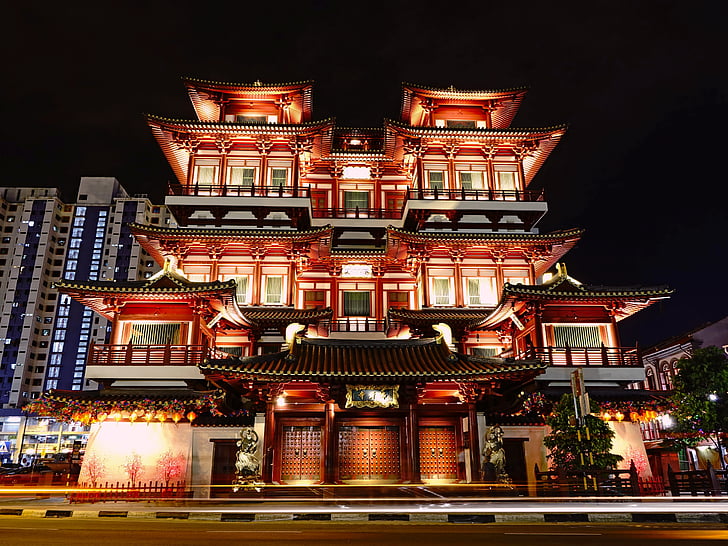
Despite its small size, Singapore has a diversity of languages, religions, and cultures. Former prime ministers of Singapore, Lee Kuan Yew has stated that Singapore does not fit the traditional description of a nation, calling it a society-in-transition, pointing out the fact that Singaporeans do not all speak the same language, share the same religion, or have the same customs. Singaporeans who speak English as their native language would likely lean toward Western culture along with either Christian culture or secularism, while those who speak Chinese as their native language mostly lean toward Chinese culture, which has linkages with Chinese folk religion, Buddhism, Taoism and Confucianism.
Racial and religious harmony is regarded as a crucial part of Singapore’s success, and played a part in building a Singaporean identity. After independence, the government began a deliberate process of crafting a uniquely Singaporean identity and culture. Singapore has a reputation as a nanny state. The government also places a heavy emphasis on meritocracy, where one is judged based on one’s ability. Singapore is known as the Lion City and many national symbols such as the coat of arms and the lion head symbol make use of a lion. Major religious festivals are public holidays.
Living in Singapore - Language
With a multicultural population and in recognition of the cultural identities of the major ethnic groups within the nation, Singapore has four official languages: English, Malay, Mandarin, and Tamil. English is the common language, with exclusive use in numerous public services.
English is the predominant language of education in all schools, local and international alike, as since the 1970s the Singapore government prudently decided it wanted Singaporeans to communicate easily on a global level.
Living in Singapore - Tourist Attractions
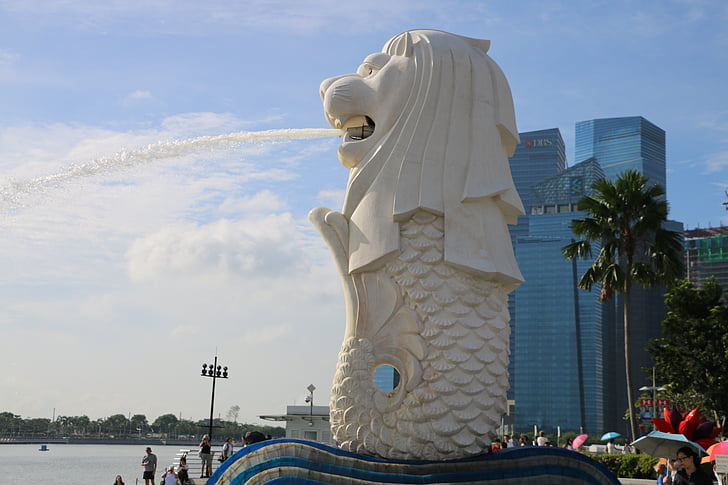
Well-known landmarks include the Merlion, the Esplanade, Marina Bay Sands, Gardens by the Bay, Jewel Changi Airport, CHIJMES, National Gallery Singapore, the Singapore Flyer, the Orchard Road shopping belt, the resort island of Sentosa, and the Singapore Botanic Gardens, Singapore’s first UNESCO World Heritage Site, all located in southern and eastern Singapore.
- Merlion
The Merlion is the official mascot of Singapore. It is depicted as a mythical creature with the head of a lion and the body of a fish which is a prominent symbolic nature to Singapore and Singaporeans in general.
- Gardens by the Bay
The Gardens by the Bay is an urban park spanning 105 hectares in the Central Region of Singapore, adjacent to the Marina Reservoir. Gardens by the Bay was part of the nation’s plans to transform its “Garden City” to a “City in a Garden”, with the aim of raising the quality of life by enhancing greenery and flora in the city.
Living in Singapore - Entertainment
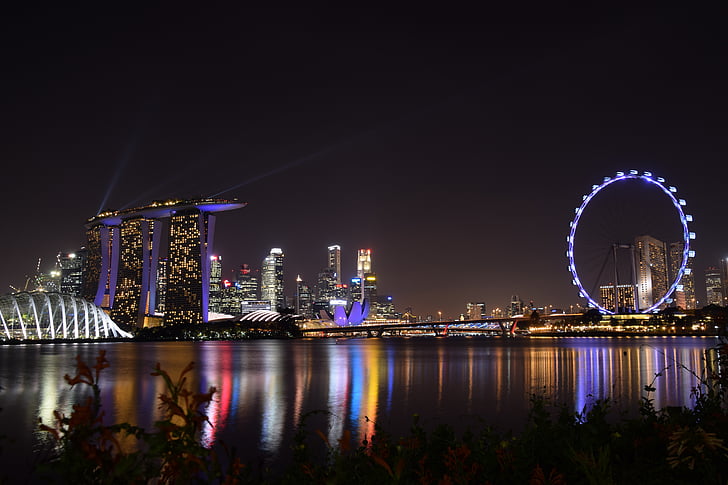
A trip down Orchard Road at the weekend will reveal another local obsession: shopping. The number and variety of shops in Singapore is staggering. Orchard Road is lined with shopping centres selling instantly recognizable international brands as well as local products. Well-known American and European designers have flagship stores here. This is not the place to try and strike a bargain, as there are fixed prices in most of the stores.
Western food stuffs including organic food, gluten-free and other specialist ranges, are readily available at most supermarkets, the most ubiquitous of which are Cold Storage and NTUC Fairprice.
Singapore is a small country, but it offers a wide range of outdoor activities and attractions for expats to enjoy. From world-renowned theme parks such as Universal Studios and Sentosa Island, to the beautiful Gardens by the Bay, and the scenic Southern Ridges walk. The country also has many beaches and parks, including East Coast Park and Marina Barrage, which are great for picnics, sports and other outdoor activities.
Pros and Cons of Living in Singapore
Pros of Living in Singapore
- High Standard of Living
Singapore consistently ranks highly in global indexes for quality of life. It has a stable political environment, low crime rates, and efficient public services. The country also has a strong economy, with low unemployment and high salaries compared to other countries in the region.
- Excellent Healthcare and Education
Singapore has a world-class healthcare system, with state-of-the-art hospitals and a high concentration of qualified medical professionals. Singapore’s education system is highly regarded, with a strong emphasis on math and science.
- Cultural Diversity
Singapore is a melting pot of cultures, with a diverse population of Chinese, Malay, Indian, and other ethnicities. This cultural diversity is reflected in the country’s food, festivals, and cultural attractions.
- Ease of Doing Business
Singapore is considered one of the easiest places to do business in the world, which makes it an attractive destination for expat entrepreneurs. The country’s government has a pro-business policy, and it has a transparent and efficient legal system.
Cons of Living in Singapore
- High Cost of Living
Singapore is one of the most expensive cities in the world to live in. Rent, food, and other necessities can be costly, and Expats may find it difficult to adjust to the high cost of living.
- Strict Laws and Regulations
Singapore has strict laws and regulations, including strict penalties for drug offenses and graffiti.
- Limited Personal Space
Singapore is a small country with a high population density, which can make it difficult to find spacious living accommodations.
Expat Tips for Living in Singapore
How to move to Singapore? Is Singapore a good place to live? How much does it cost to live in Singapore? Living in Singapore as an American is common. Relocating to Singapore from USA needs some tips.
- Ensure you have all essential documents and visas in place before departure.
- If you move with your kids, early application for school places is advisable.
- Have up to three months’ rent available upfront to secure a rental property.
- Be aware that you have to submit and pay your own taxes bi-annually.
- Look at life insurance and health cover that reflect your location needs.
- Stay healthy, immerse yourself in the culture and take language lessons.
Conclusion
Recently more and more people from European and American countries have desired to immigrate to Singapore, a beautiful and wealthy country. In Singapore, you can not only show your talents in a free and efficient economic environment and receive generous rewards, but you can also experience different cultures, meticulous medical care, and a scientific education system. This blog serves as a detailed and comprehensive guide describing all aspects of living in Singapore which helps you adapt to Singapore as quickly as possible and living in Singapore in a happy lifestyle and quality of living in Singapore .
After you have moved to Singapore, accommodation is the first and foremost thing. There are a lot of US citizen to Singapore work. uhomes.com is a reliable platform which provides affordable and comfortable student accommodation in Singapore.
FAQ
In general, yes. The cost of living can be high in Singapore which is the second most expensive city in the world. Making sure your outgoings match up with your salary and expat relocation package is therefore often a key step. Also, check out this list of places that pay you to move there.
Property comes at a premium in Singapore, where land is scarce – so although the cost of rent varies, it’s usually a significant outgoing for expats. In general, it costs at least SGD 700 per month (£370/$515 USD) for a room in a shared flat and a one-bedroom apartment can cost SGD 1,500 to 4,000 per month in Singapore.
Expat life in Singapore comes at a cost, so making calculations can be an important step when travelling with family. How much money you’ll need will depend on where you live, school fees and the cost of your commute, as well as healthcare and lifestyle factors.
Typically, expats are already employed when they arrive in Singapore, but there’s a chance your situation may change – or you may be travelling with a partner who would like to find employment. To work on a Dependent Pass, you’ll need a letter of consent from the Ministry of Manpower. Suitable jobs for expat wives and husbands in Singapore might include: Marketing and partnership work, Freelance work and Language tutoring.
Expats with a few years’ experience in a professional occupation can expect to earn a good wage in Singapore. The average expat salary for a middle manager working in Singapore was SGD 119,927(£63,574 GBP/$88,045 USD) in 2024. However, expatriate benefits packages tend to be higher than this – totalling SGD 216,000 – and pay varies considerably by role type, seniority and sector.
The Singapore constitution guarantees equal rights for women. In legal terms, there are no barriers to women holding top political positions, running companies, working as judges, or playing a full role in national life.
While the local language of Singapore is officially Malay, English is the second language and employees of international companies will often speak English at work. In fact, many companies will expect you to speak English as a first language.
Singapore is renowned for its stability and safety, making it an ideal place for raising children. The country hosts nearly 100 international schools, offering diverse curriculums from the International Baccalaureate (IB) to British, American, German, French, Japanese, and Australian systems. These institutions are equipped with modern facilities and a broad range of extracurricular activities. However, annual tuition fees are expensive; for example, you can pay around S$30,000 to S$50,000 for secondary education.


